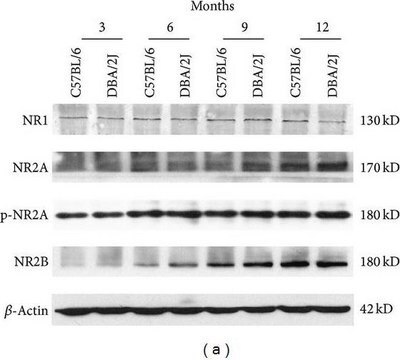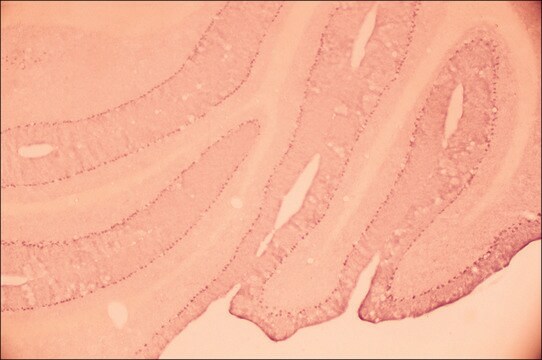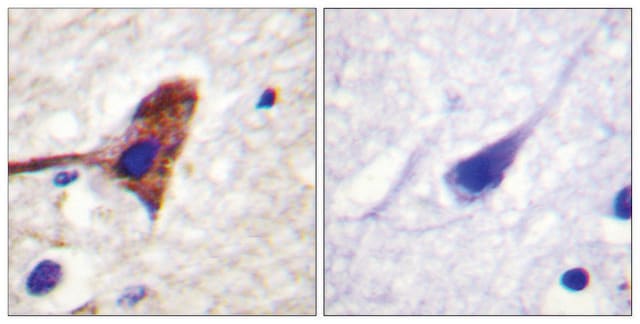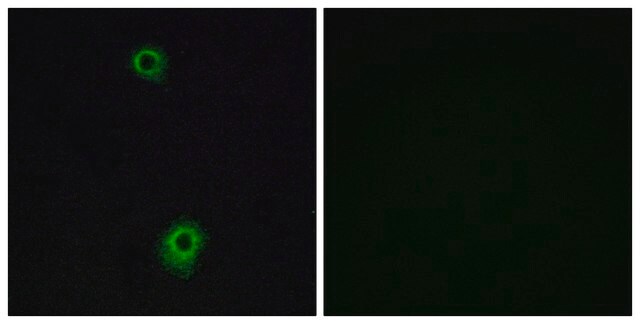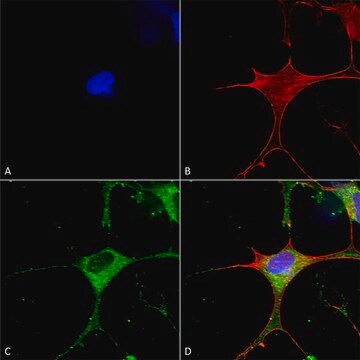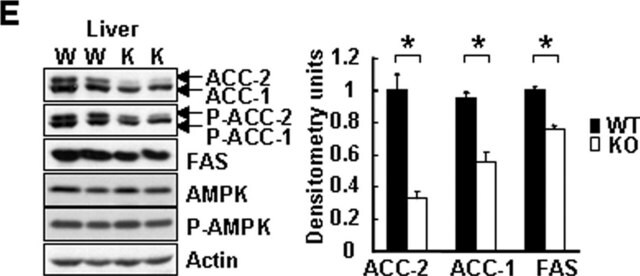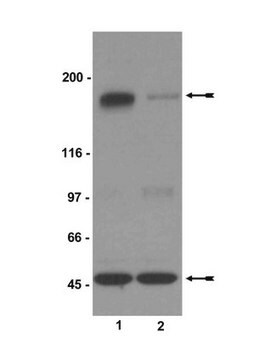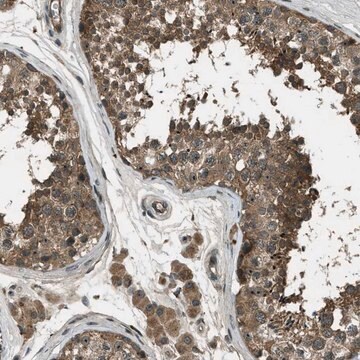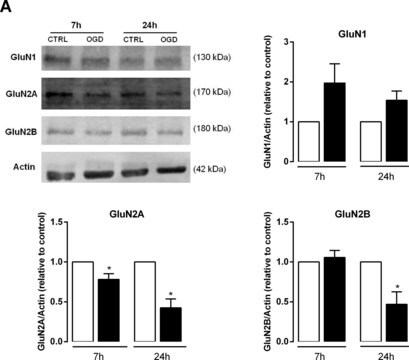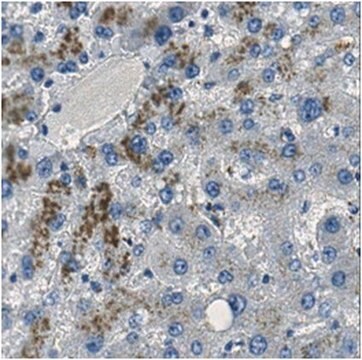454582
Anti-NMDAR 2B (984-1104) Rabbit pAb
lyophilized, Calbiochem®
Synonyme(s) :
Anti-N-Methyl-D-Aspartate Receptor 2B-Subunit
About This Item
Produits recommandés
Source biologique
rabbit
Niveau de qualité
Forme d'anticorps
purified antibody
Type de produit anticorps
primary antibodies
Clone
polyclonal
Forme
lyophilized
Ne contient pas
preservative
Espèces réactives
rat, fish, mouse, human
Fabricant/nom de marque
Calbiochem®
Conditions de stockage
OK to freeze
Isotype
IgG
Conditions d'expédition
ambient
Température de stockage
−20°C
Modification post-traductionnelle de la cible
unmodified
Description générale
Immunogène
Application
Immunohistochemistry (1:1000-1:2000)
Immunoprecipitation (see comments)
Avertissement
Forme physique
Reconstitution
Autres remarques
Petralia, R.S., et al. 1994. J. Neurosci.14, 6102.
Ishii, T., et al. 1993. J. Biol. Chem.268, 2836.
Monyer, H., et al. 1992. Nature256, 1217.
Informations légales
Vous ne trouvez pas le bon produit ?
Essayez notre Outil de sélection de produits.
Code de la classe de stockage
11 - Combustible Solids
Classe de danger pour l'eau (WGK)
WGK 1
Point d'éclair (°F)
Not applicable
Point d'éclair (°C)
Not applicable
Certificats d'analyse (COA)
Recherchez un Certificats d'analyse (COA) en saisissant le numéro de lot du produit. Les numéros de lot figurent sur l'étiquette du produit après les mots "Lot" ou "Batch".
Déjà en possession de ce produit ?
Retrouvez la documentation relative aux produits que vous avez récemment achetés dans la Bibliothèque de documents.
Notre équipe de scientifiques dispose d'une expérience dans tous les secteurs de la recherche, notamment en sciences de la vie, science des matériaux, synthèse chimique, chromatographie, analyse et dans de nombreux autres domaines..
Contacter notre Service technique